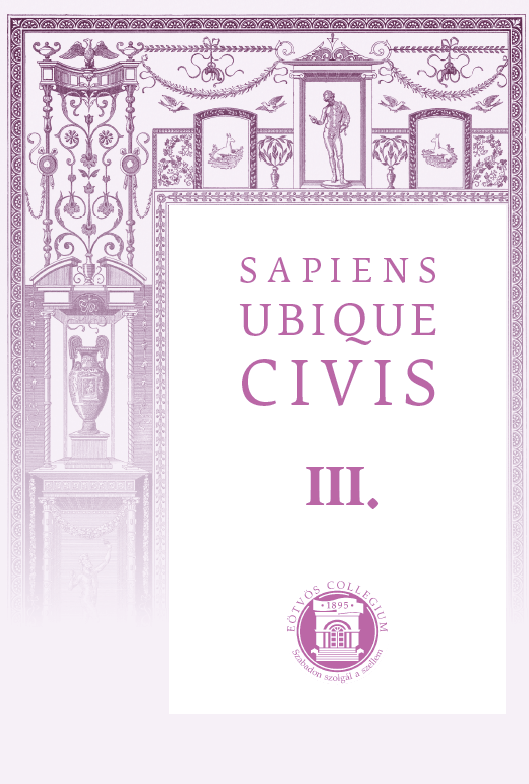Desiring the Transcendent – Plato’s Eros and Eighteenth-Century Notions Concerning the Affections of the Sublime
Main Article Content
Abstract
Most scholars agree that eighteenth-century notions of the sublime stem from antiquity, seeking its origins in Pseudo-Longinus’ famous tractate On the Sublime. The objective of the present study is to highlight a less discussed viewpoint as described more recently by James I. Porter, which argues that the aforementioned theories have more to do with ancient Platonic conceptions regarding intelligible beauty than Longinus’ rhetorical analysis of ὕψος. Plato’s Phaedrus and the Symposium are the most frequently mentioned dialogues to support this theory, focusing mainly on divine beauty and its parallels with eighteenth-century descriptions of the sublime. In this article I would like to approach the question from a somewhat different perspective: eros. Is it possible to find parallels between early modern accounts of emotions accompanying the sublime experience and Plato’s notions on erotic mania?

